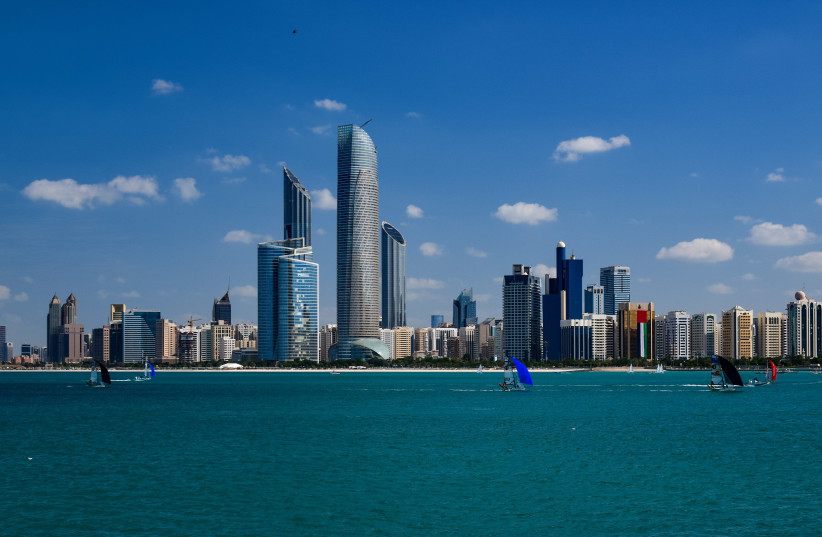A 28-year-old man has tested positive for the potentially fatal Middle East Respiratory Syndrome Coronavirus (MERS-CoV) in a city in Abu Dhabi on the border with Oman, the World Health Organization said on Monday.
The man in the city of Al Ain was admitted to a hospital last month, the WHO said in a statement. Health officials had checked 108 people that he was in contact with, but no secondary infections had turned up so far, it added.
The WHO said there were no signs the man had come into contact with dromedary camels, which spread the disease that is separate from COVID-19. It gave no more details on his current condition.
The United Arab Emirates' health ministry did not immediately respond to a request for comment about the case.
What is Middle East Respiratory Syndrome Coronavirus (MERS-CoV)?
Cases of MERS-CoV - which can cause fever, coughing and shortness of breath, and in some cases can lead to pneumonia - have been recorded in 27 countries since 2012, according to WHO figures.

Over that time, 2,605 cases and 936 associated deaths have been reported, data show.
The UAE, a hub for international events, will host the United Nations Climate Change Conference in November and December.
